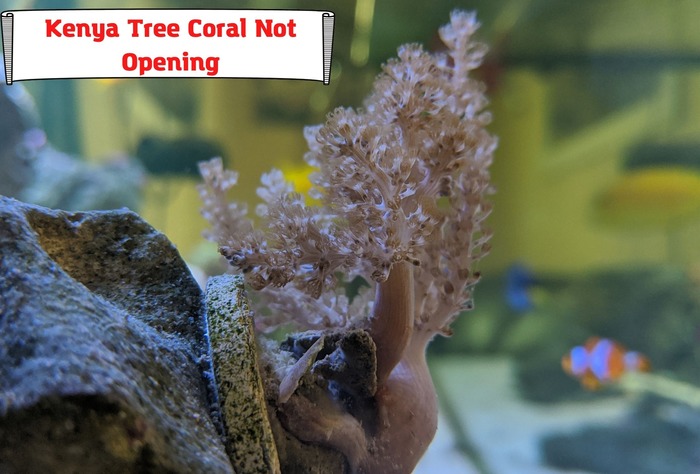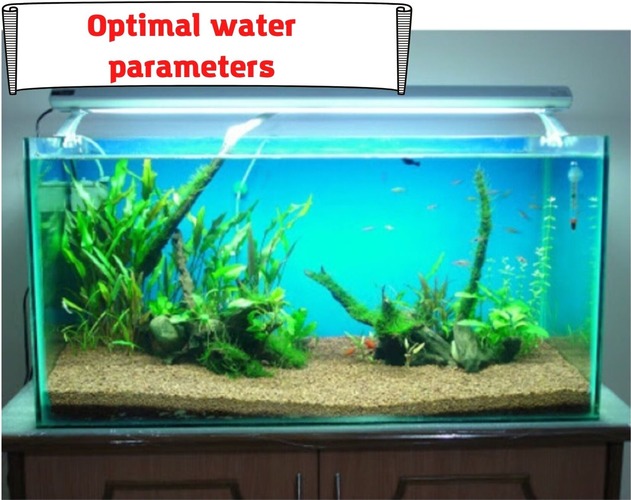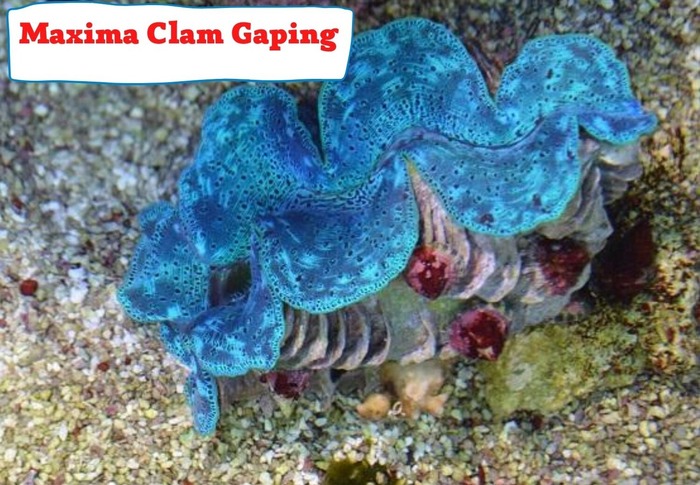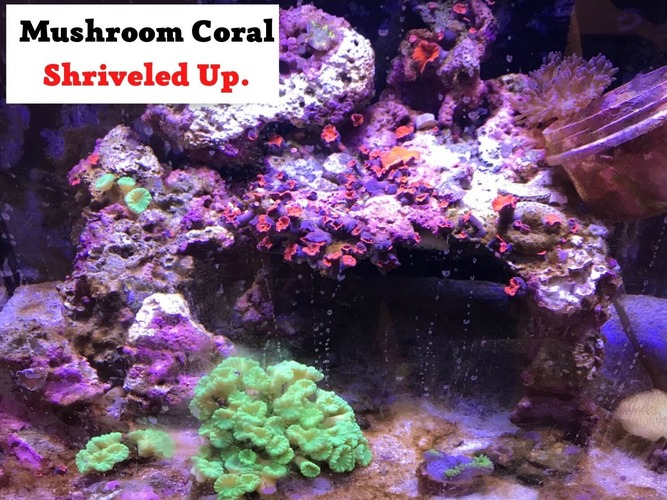
Kenya Tree Coral, when fully opened, brings in the utmost happiness. If you have recently bought it for your tank, we are sure the happy and beautiful tentacles have played their role. Their happiness is one of the significant attributes that make it a part of the many aquariums.
It is highly likely that the same Kenya Tree Coral that had been happy in the pet shop is not happy at your home. Is that the case with your Kenya Tree Coral too? You must be highly disappointed and even scared as well. But you shouldn’t be. Closed tentacles are not much of a problem if your coral is healthy. There can be several reasons for such an attitude, and not each of them is deadly.
So, you can explore this article and find the specific reason for such an attitude. Of your Kenya Tree Coral. Here’s what we’ll specifically cover in this article.
- Why is Kenya Tree Coral not opening?
- Optimal water parameters for your Kenya Tree Coral
- The neighbors of the coral
Is your Kenya Tree Coral new to the tank?
If your Kenya Tree Coral is new in the tank, then such behavior must be predictable. Within the next 2-3 days, these corals will adjust to the new environment and home. By that time, you should expect your coral to remain closed.
In such a situation, you don’t have to change anything. Just make sure that the water quality and other parameters are adequate and let your corals adjust.
Once they will, you’ll experience the happiness for which you have brought this coral home.
Kenya Tree Coral in your aquarium for a few months
If your tree coral has been in your aquarium for a few months, even then, the closing of tentacles is usual, and you might not have done anything wrong. It is their general behavior. They might go off for days and then get back automatically.
While your tree coral is in such a state, the only thing you have to check on is the necrosis. When the tissues start falling from the body due to a lack of blood flow. Even Kenya Tree Corals are capable of shedding the body pieces too. In such a situation, you must take extra care in maintaining the water parameters and their surroundings. All you have to do is wait. Experts believe that you can get your Kenya Tree coral back even in such situation.
Optimal water parameters

When you haven’t bought your Kenya Tree Coral recently and do not think it is yet the time for your coral to close as a behavioral feature, then it is the water quality you must be most cornered of.
It is a tough coral that usually does not react to minor changes in the water condition. But that does not mean you can leave the water conditions without checking. We’ll share the optimal range and the possible problems that the deviation in these parameters can bring in for your coral.
Ammonia and Nitrites
If you have been maintaining a saltwater tank for some time now, you’ll be well aware that ammonia and nitrites can be a significant problem for your tank and the organisms living in it. Even in trace amounts, these elements can create an unhealthy environment, and fish can often go under stress. Nearly all the fish and coral types are sensitive to them.
The same is the case with your Kenya Tree Coral. If the ammonia and nitrites in your aquarium go unchecked, it can make the coral’s tentacles retract, and it will not open unless you adjust these parameters. Changing the water level is one of the significant adjustments you can make in this regard. You might want to consider adding more organisms that rely on ammonia or nitrites as their food source. Finding such organisms can reduce your hassle significantly.
Nitrates
Usually, the tank owners are in the habit of checking ammonia and nitrites levels religiously. However, they ignore the nitrates level, which can cause a significant problem for the corals.
Like for all corals, the optimal level of nitrates in the tank shouldn’t exceed 10 ppm. But if the water test shows the nitrates to be more than this benchmark, then you have an apparent reason for your corals not opening up.
If you have found the nitrate level a problem, don’t worry, there is nothing to be panicked about. Go for the water change, and you’ll be able to adjust the water levels right away. But this will only be the short-term solution to this problem. You’ll have to build an eco-system that will adjust the nitrates level to the optimal acceptable quantity in the long run.
Otherwise, your Kenya Tree Coral will depict such behavior often.
Light
The light concentration plays a vital role in opening the Kenya Coral Tree. When it’s dark, your coral actually feels it is night and thus prefers staying closed. So, you’ll have to ensure the proper light to see it fully opened.
Salinity
The optimal salinity level that your Tree Coral will love is 1.025. Anything beyond this will be excessive, and lower than this value will not be acceptable for your coral. So, the happiness you see around it will be lost.
To get it back, you’ll have to adjust the water salinity. This is possible through the addition of suitable salts or by adding saltwater in the tank at the time of water changes.
The level of pH
As we are talking about the saltwater aquarium here, the optimal pH of the water must be maintained at around 8. The water with such a pH value will prove optimal in keeping the tentacles open for your Kenya Tree Coral. If they are closed, you should give extra importance to checking the pH levels of your tank and getting them back to the right position.
Neighbor problems
What are some of the neighbors that can create problems for your Kenya Tree Coral? Although water quality is often the problematic factor when your coral isn’t opening up, it is not the only factor. The other organisms living in the aquarium can also play an integral role in determining if your Kenya Coral tree is opening or retracting.
Butterflyfish or Peppermint Shrimp are the two examples of the neighbors that can create problems for your Kenya Tree Coral. According to the experts, they are essential to keep the corals in check. But if you are worried about your coral, these species could be the cause of concern.
Usually, the Kenya Tree Coral is considered one of the aggressive species that colonizes to take over the aquarium. It is even known to release chemical substances to reduce the growth of neighboring creatures. Their aggressive nature does not allow other creatures to get over them.
Summing up
Kenya Tree Corals are hardy creatures of the saltwater aquarium. The closing of its tentacles could be due to the new tank in most cases. Occasionally, they can show such an attitude because of their behavioral changes. Water quality and neighbors do have an impact. Still, as you are already adjusting these factors for the organisms in the water tank, the water parameters or neighbors can rarely influence your coral’s retraction.
It does not mean you shouldn’t check these variables and adjust them at optimal levels. But if you have already done so, then the only thing left is to relax and give a couple of days to the Kenya Tree Coral: it will get back to normal.
- Pleco Not Eating. Main Reasons Your Pleco Is Starving - February 21, 2022
- Foxface Fish Sting: Any Danger? And What To Do To Relieve Pain? - February 20, 2022
- White Stuff Coming Out Of Snail – Dangerous? Should You Worry About It? - February 19, 2022




